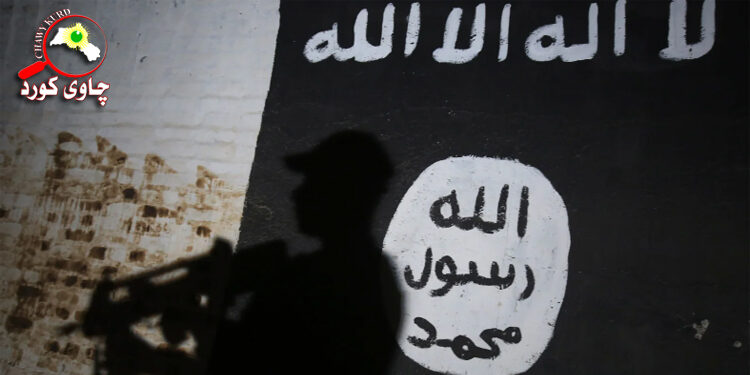The Islamic State’s territorial rule has ended. On Saturday, the Syrian Democratic Forces, a United States-backed group, announced that the final sliver of territory under the jihadist group’s control had fallen.
Even before this news, President Trump has rushed to declare “mission accomplished” in Syria. Yet as the United States has learned before, rhetoric cannot block out reality. And the reality is that it is premature, reckless even, to pen the Islamic State’s obituary.
Although the group has been dealt a hard blow, ideologically and operationally the organization is degraded, not defeated, and its extremist network still functions. This is not to say that the Islamic State is invincible, but so long as the causes that gave rise to the extremist group are permitted to persist — the broken politics in the Arab and Islamic world, the fraying and delegitimization of state institutions, as well as ongoing geostrategic rivalries and foreign interventions — there will be opportunities for the Islamic State and like-minded groups to rebound.
This is not hyperbole. A key insight from the movement’s recent history should be how it has proved resilient, adaptive and resourceful, tapping into the deep sense of outrage and injustice felt by Sunni Muslims in Iraq, Syria and beyond.
The first factor that engenders the Islamic State is the organic crisis of governance, and ungovernable spaces, that plagues Syria, Iraq, Libya, Yemen, Egypt’s Sinai Peninsula, West Africa and Afghanistan. Areas where state and local authorities hold little to no sway, and provide little to no support, are fertile breeding grounds for extremist organizations.
The second factor is the fierce Cold War between Sunni-dominated Saudi Arabia and Shiite-majority Iran. Although the Saudi-Iran clash is driven by geostrategic calculations, it has taken on local sectarian overtones that play out daily on streets in Iraq, Syria, Lebanon, Yemen and elsewhere. The Islamic State has capitalized on this rivalry by portraying itself as the defender and protector of persecuted Sunnis.
Overlaying the geostrategic clash between Saudi Arabia and Iran are the machinations of other regional and foreign powers that are using local radical groups to achieve their self-interested political ends. For example, Syria, Iraq, Yemen and Libya are areas where other international powers (like Turkey, Russia and the United States) are battling for influence and control — a situation that the Islamic State and Al Qaeda exploit to their advantage.
The third factor is the distribution of the Islamic State’s combatants and the persistent threat they pose. As far back as 2016, when the Islamic State began to lose control of major urban centers, its leaders began planning for this day. Thousands of fighters have reportedly dispersed with fleeing civilians in Iraq and Syria and gone into hiding. Cells have already carried out hundreds of devastating attacks in both countries.
The movement also spread its tentacles near and wide, dispatching hundreds of veteran operatives to new fronts in Turkey, Egypt, Libya, Yemen, West Africa, Afghanistan and beyond.
Not unlike Al Qaeda — though now on a greater and more lethal scale — the Islamic State is a transnational network with bases and sleeping cells in more than a dozen countries.
Thus, notwithstanding the catastrophic military blows the group has suffered and the loss of its territorial rule, the Islamic State has made it unmistakably clear that it will carry on the fight even if the caliphate is militarily incapacitated. In early March, Islamic State fighters released a video from the Syrian town of Baghuz that urged the group’s followers to maintain their faith in the caliphate, even as Kurdish forces advanced toward the last of its territory. Unfortunately, it appears that the Islamic State has both the will and limited assets necessary to survive to fight another day.
Indeed, before he was killed by an American airstrike in Syria in 2016, Abu Mohammed al-Adnani, the Islamic State’s second most powerful leader, after Abu Bakr al-Baghdadi, prepared followers for the future battles. He said, referring to the group’s progenitor, Al Qaeda in Iraq: “Do you, O America consider defeat to be the loss of a city or the loss of land? Were we defeated when we lost the cities in Iraq?
New York Times





























































